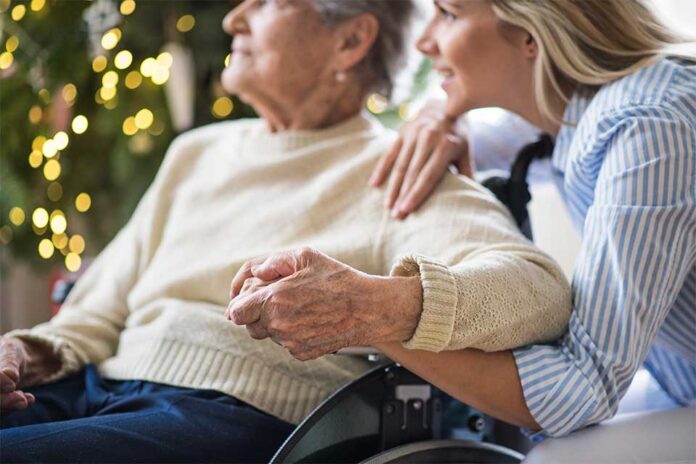People in their 60s and older are living longer, but they are also more likely to suffer from chronic conditions that require care.
The number of people aged 85 years and older is rising at a faster rate than any other age group in the US. As this population continues to grow, there is an increasing need for skilled nurses to care for them.
Learning how to identify who needs help is the first step toward helping these people get the assistance they need.
Signs That an Elderly Person May Need Care
People who need help with activities of daily living may have care needs.
Family members should be able to recognize the risks and be aware of signs that may signal an increased need for care.
This is an ideal time to start thinking about home care so people can receive help as soon as it is needed.
If you think that you or a loved one may be at risk for a breakdown, for example, it is better to call someone to help sooner than later.
Preventing Problems
Preventing problems is often one of the best ways to treat problems and can mean your elderly loved one will avoid a “slippery slope” that makes them more dependent on others.
The first step is to avoid isolation by staying in touch with family and friends.
Keeping your brain active will also help prevent problems down the road, so finding a charity that it is passionate about this, or just reading regularly is a good idea.
Many care facilities provide residents with activities to help keep their brains and minds active. If your loved one is in a care home in Wandsworth or anywhere else, there are likely to have these options available to them.
Poor Health and Lifestyle Choices
Building up a healthy lifestyle as an elderly person can be tricky, and you may notice that your health and fitness levels begin to decline as you get older.
You may not be able to do the things you could do twenty or thirty years ago, but this does not mean that you must give up on many of the activities that make life enjoyable.
Eating well, exercising, keeping active, and being physically fit will all help prevent a decline in health over time.
Making sure that your home is safe for elderly people to live in will also help them lead a healthy, happy life for longer than if they remain in an unsafe environment.
Hearing Loss
When people age, it’s natural that their hearing will decline.
Maintaining close to 50% of our hearing will provide people with the best chance of hearing what the world has to offer, but age and hearing loss can happen to anyone.
You may wonder how you will be able to communicate with your loved ones if they need help in the future, so it is important to do everything you can now.
Changes in Nutrition and Body Composition
Elderly people are more likely than younger people to experience changes in their body composition through plateaus or declines in muscle mass.
These changes are often a sign that your loved one could be at risk for long-term health problems such as low levels of energy and muscle strength.










